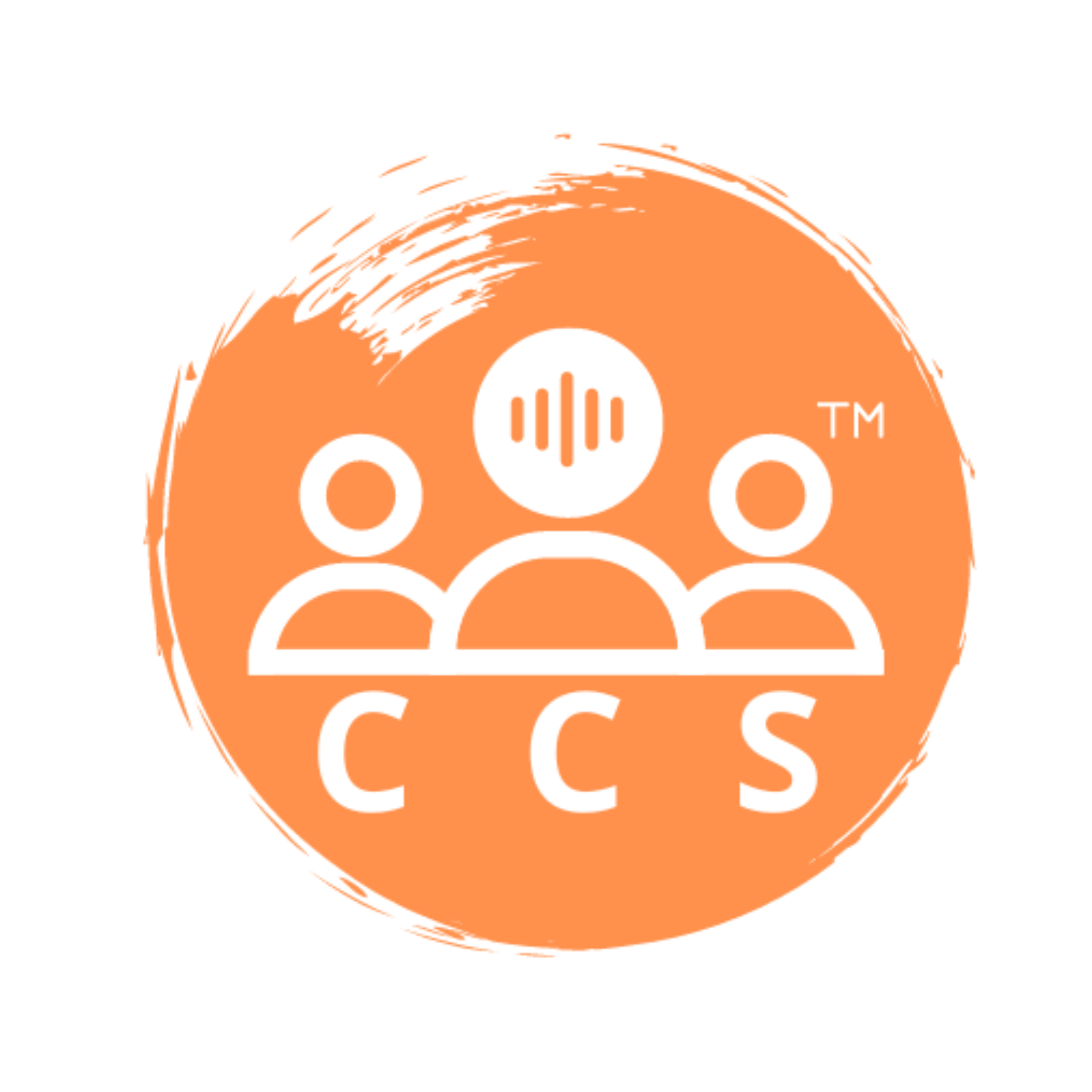- After-Shows
- Alternative
- Animals
- Animation
- Arts
- Astronomy
- Automotive
- Aviation
- Baseball
- Basketball
- Beauty
- Books
- Buddhism
- Business
- Careers
- Chemistry
- Christianity
- Climate
- Comedy
- Commentary
- Courses
- Crafts
- Cricket
- Cryptocurrency
- Culture
- Daily
- Design
- Documentary
- Drama
- Earth
- Education
- Entertainment
- Entrepreneurship
- Family
- Fantasy
- Fashion
- Fiction
- Film
- Fitness
- Food
- Football
- Games
- Garden
- Golf
- Government
- Health
- Hinduism
- History
- Hobbies
- Hockey
- Home
- How-To
- Improv
- Interviews
- Investing
- Islam
- Journals
- Judaism
- Kids
- Language
- Learning
- Leisure
- Life
- Management
- Manga
- Marketing
- Mathematics
- Medicine
- Mental
- Music
- Natural
- Nature
- News
- Non-Profit
- Nutrition
- Parenting
- Performing
- Personal
- Pets
- Philosophy
- Physics
- Places
- Politics
- Relationships
- Religion
- Reviews
- Role-Playing
- Rugby
- Running
- Science
- Self-Improvement
- Sexuality
- Soccer
- Social
- Society
- Spirituality
- Sports
- Stand-Up
- Stories
- Swimming
- TV
- Tabletop
- Technology
- Tennis
- Travel
- True Crime
- Episode-Games
- Visual
- Volleyball
- Weather
- Wilderness
- Wrestling
- Other
S10E3: Health Systems Strengthening - Participatory Action Research in Guatemala
In this episode we hear about a participatory action research project in Guatemala, funded by the Director's Catalyst Fund at LSTM, that co-designed a tool for health leaders and community partners to assess and improve urban health governance. The project was based in two Guatemalan urban municipalities; Villa Nueva and Mixco. We speak with Guillermo Hegel, the project lead who was also the Health Director at Villa Nueva Municipality at the time of the project. We also hear from Yaimie Lopez and Cintia Cansado who coordinated and evaluated the project. They share their experience of participatory research and working with policy makers. The research team together with co-researchers who were urban health stakeholders looked at 4 domains, Governance, leadership accountability and multi-sectoral action. They first defined what these terms were, then they co-analysed existing tools to measure governance performance and designed an online tool which could be used to rank current performance and areas for improvement which could then track over time. The tool involved a number of qualitative questions that required discussions and reflections about governance in their work and required a level of trust and transparency which is further explored by our guests. This Episode features: Dr. Kim Ozano - (host) Research Director, The SCL Agency Wesam Mansour (co-host) - Health Systems Researcher, Liverpool School of Tropical Medicine Wesam is a Health System Researcher with research expertise in health workforce and health systems strengthening in fragile contexts using qualitative research and participatory action research approaches. Her work includes working in the areas of gender, equity and justice and how to apply those concepts to develop gender-equitable, resilient and inclusive health systems. She is currently working, in LSTM, on the ReBUILD4Resilience project which is health system research in Fragile and Shock-Prone (FASP) settings in 4 countries (Nepal, Myanmar, Sierra Leone, and Lebanon). In ReBUILD, they worked with the Close to Community (CTC) providers in FASP settings to explore how participatory action research can support CTC providers to address gender norms and power relations within their communities and in the health systems in Lebanon and Nepal. Links:LSTM - Wesam MansourReBUILD Consortium ReBUILD - Gender Project
Guillermo Hegel, Project Coordinator, INCAP Since 2020 Guillermo has been a researcher at CIIPEC. He coordinates a participatory action research project in collaboration with the Liverpool School of Tropical Medicine. From 2014 to early 2020, he was health director of the municipality of Villa Nueva, Guatemala. A core part of his tasks was to articulate 'Health-in-All Policies' and to improve the primary health care system in urban setting through participatory processes. Between 2008-2013, he worked at PAHO/WHO Guatemala, as an advisor for social determinants of health and the ´Healthy Cities´ initiative, leading and contributing to several programs in Guatemala and Latin America. He began his career in public health in 2

